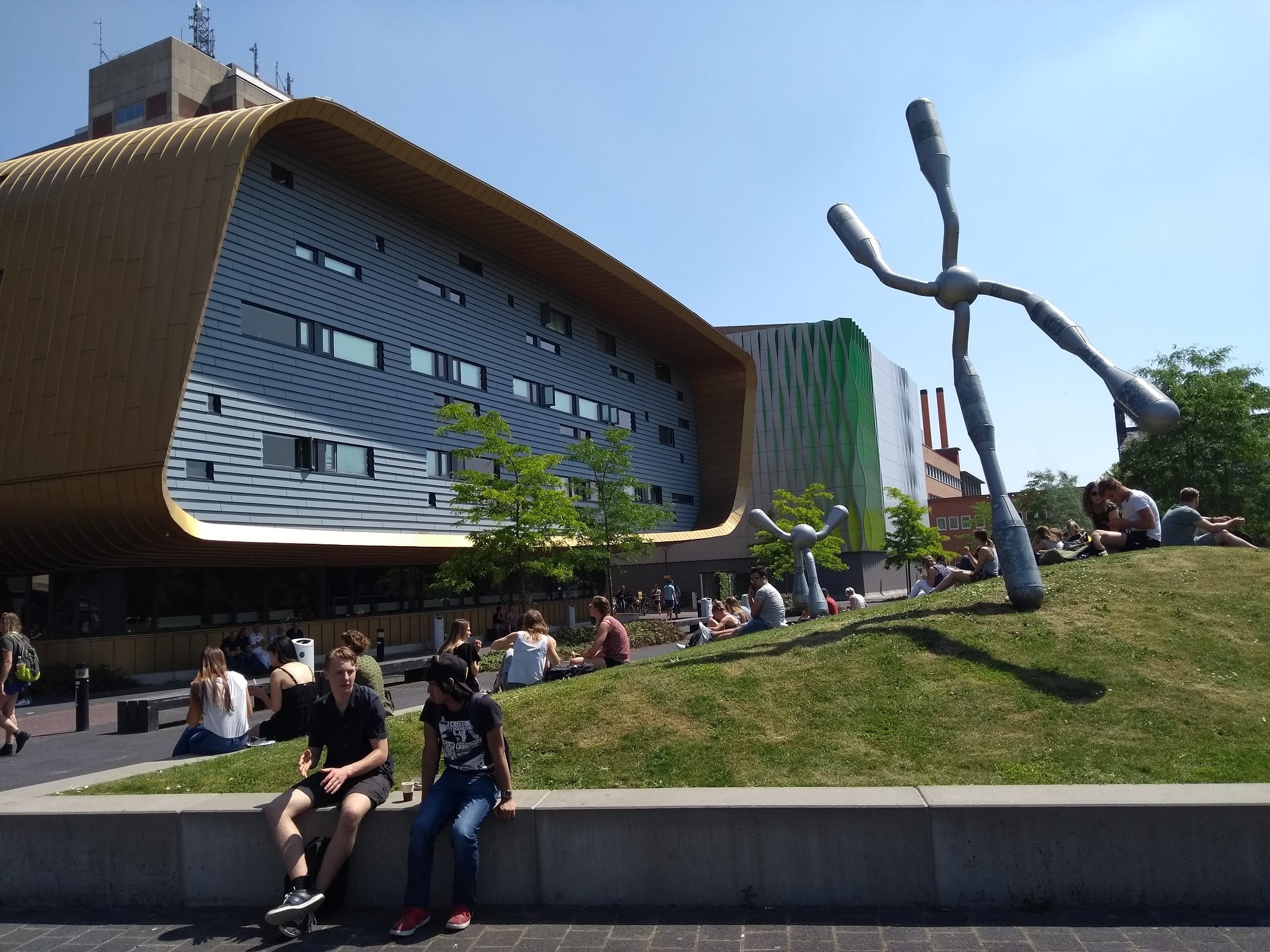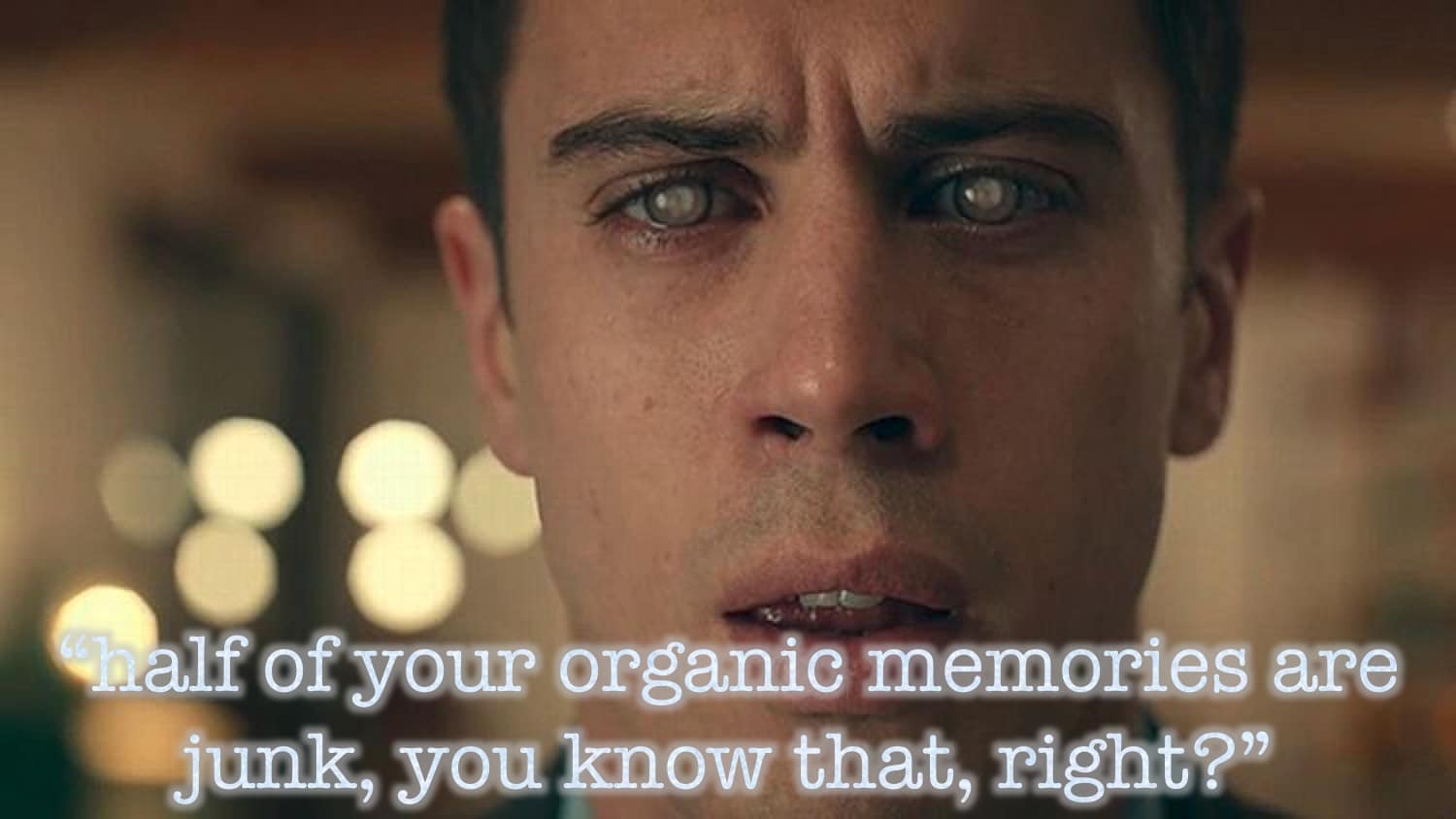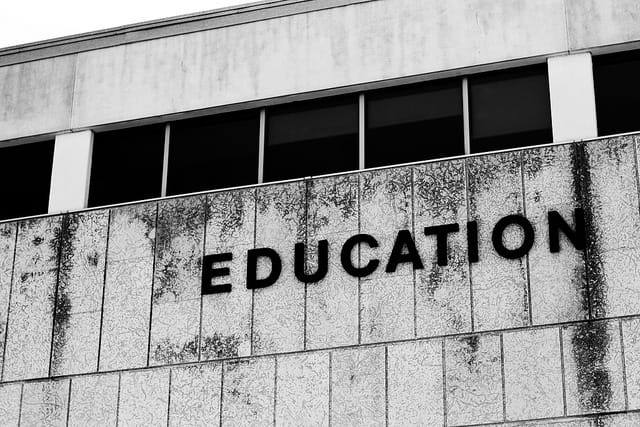In this post, honours student Eleni Giannakoudi discusses the usefulness of Mindfulness apps to help you focus during your studies.
In this post, honours student Tessa Kiffers discusses the increasing prevalence of burnout among students and its possible explanations. She scrutinizes the effect of the competitive, success-focused culture in which we are living on our well-being and feelings of stress.
“Which specialization should I take within the broad discipline called Psychology?” Numerous Psychology Bachelor students struggle with this issue and are doubtful about which Master’s degree they should pursue. Student Carl-Peter Van Erpecum discusses the option of joining a research master program at the UMCG, called Clinical and Psychosocial Epidemiology (CPE).
The common criticisms from professors about broad, superficially philosophical questions apply perfectly well to the title of this piece. What is a perfect memory? We may try to divide up the question and ask what both perfection, and memory are. We may ask whether memory refers to a memory of something or that reified agglomeration […]
“Take the official Rorschach Ink Blot test to see if you are crazy”, is the title of the first video that comes up when you type Rorschach Test on YouTube. In the 2006 music video featuring animated inkblots morphing into disturbing images that turn into people, Gnarls Barkley sings “Maybe I’m crazy. Maybe you’re crazy. […]
Why are alternative facts so persuasive? We fail to consider scientific evidence properly because our political opinions signify the kinds of persons we are rather than our knowledgeability. To make science great again, we need to be cooperative and curious and change how science is communicated.
In this text, Valeria Cernei discusses the main effects of mindfulness meditation and the mechanisms through which they occur. She attempts to illustrate the potential of this practice to become a practical and cost-efficient “modern cure”.
We waste human potential if we not adapt our school systems to the best of our knowledge. In this post Sebastian Prehn will illustrate the lost potential, introduce examples of an endless pool of innovations and suggest a structure of how to implement them.
As part of the course Intergroup Relations, third-year psychology students write a popular science article about stereotypes and prejudices. Mindwise publishes a modified version of two of these articles. Today’s article is written by Lena Paulsen, Louise Teschemacher, and Felix Grundmann.
As part of the course Intergroup Relations, third-year psychology students write a popular science article about stereotypes and prejudices. Mindwise publishes a modified version of two of these articles. Today’s article is written by Jana Schöppe, Eva Rüger, Jana Hammelehle, Atal Amini and Luise Pieper.










